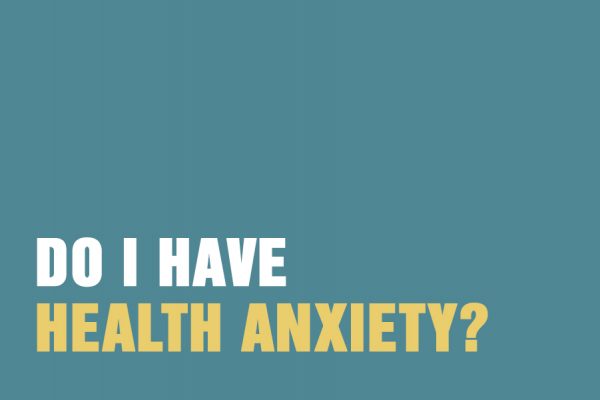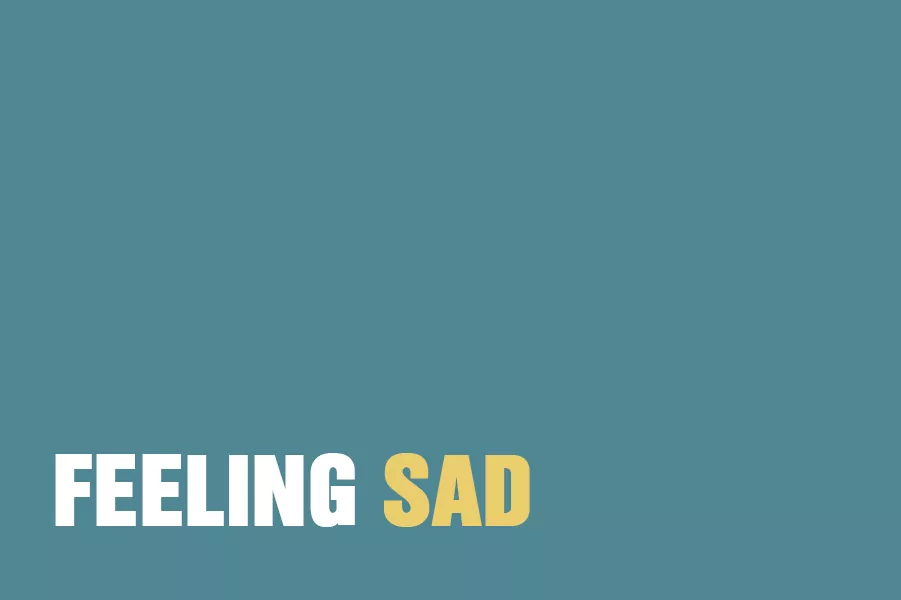Do you have trouble getting or staying in romantic relationships? Do you have a desperate need to be appreciated by the people you are close to? Do you have a fear of intimacy and of letting people get close to you? If you answered ‘yes’ to any of those questions then you have what is known as ‘attachment issues’. And they have everything to do with your love life.
Attachment means the way you were cared for by your parents and how secure, or not, you were in their love and attention. There are three kinds of attachment: secure, anxious or avoidant. And the way that we form love relationships with others is dictated by which of these three attachment styles we have.
The British psychologist, John Bowlby, who came up with attachment theory, described it as an ‘emotional bond’, which affects the way we behave in relationships ‘from the cradle to the grave’. He explained that the way in which we are treated by our parents and primary caregivers in our infancy gives us examples of and mental templates for relationships, which can predict and set up the way we will be in romantic relationships as adults.
About half the population has a secure attachment. This means that you grew up in a healthy family environment and (mostly) received the care you needed when you needed it in the first five to six years of your life. People with secure attachment tend to form more satisfactory and longer-lasting relationships because they have grown up unafraid of closeness and intimacy with others; neither do they crave or depend on intimacy and relationships.
However, when the emotional bonds between parent or caregiver and child are lacking or frequently broken this will damage your ability to trust others and build secure bonds with people. So if, as a child, you experienced: abandonment, or chaotic and unpredictable behaviour from your parents, or completely unrealistic expectations of you from your parents, or emotional or physical abuse then you will not have a good template for secure relationships. You will have learned that the world is not necessarily a safe place and people are not always to be trusted. And this means that you will have either an anxious or avoidant attachment style.
If your attachment style is anxious your unconscious response to the neglect or uncertainty you experienced in early life is to continually seek attention and approval from others. Bowlby described those with an anxious attachment style as having, ‘a tendency to make excessive demands on others and to be anxious and clingy when they are not met’. If this is you, you will have been described as ‘needy’ by your friends and you will be very preoccupied with whether your loved ones are truly committed and available to you. You might feel that you have a constant and continually unmet need for love and intimacy no matter how committed your partner is. Any idea of separation is unbearable to you, and if you ever pick up the merest hint that a friend or partner wishes to withdraw or separate from you, you become very angry.
If you have an avoidant attachment style, you would tend to be commitment-phobic and find it very difficult indeed to form close romantic relationships. You also have an almost compulsive need to be self-reliant and find it very hard to give or receive love. This can cause a lot of conflict and strife in relationships because, while you actually crave a secure and loving attachment, your behaviour says the opposite. This is because you fear attachment and unconsciously seek ways to sabotage any relationships you are in.
Can you change your attachment style?
Research shows that most people do not change their attachment style. However, there are some ways in which you can modify yours, such as: recognising attachment style in others and only looking for relationships with partners who are securely attached; And seeking therapy to discuss your insecure attachment style, why you have it and how you can bring about some change.
As with many patterns that we carry from the past, bringing it to awareness and realising the problem is half the battle. Once you are aware of how you attach to others, you will become adept at recognising when you are reacting in a way that is directly related to your deeply seated patterns. If you become aware of your individual attachment style, you can then challenge the templates and mental models you have been following all your life. And begin to develop a new style of attachment to achieve more satisfying, loving and lasting relationships.
If you have some relational difficulties and would like some support or need a safe space in which to open up about your attachment style and how it is affecting you, therapy could be a very helpful. Just call 020 8673 4545 or email [email protected] for a confidential appointment.







